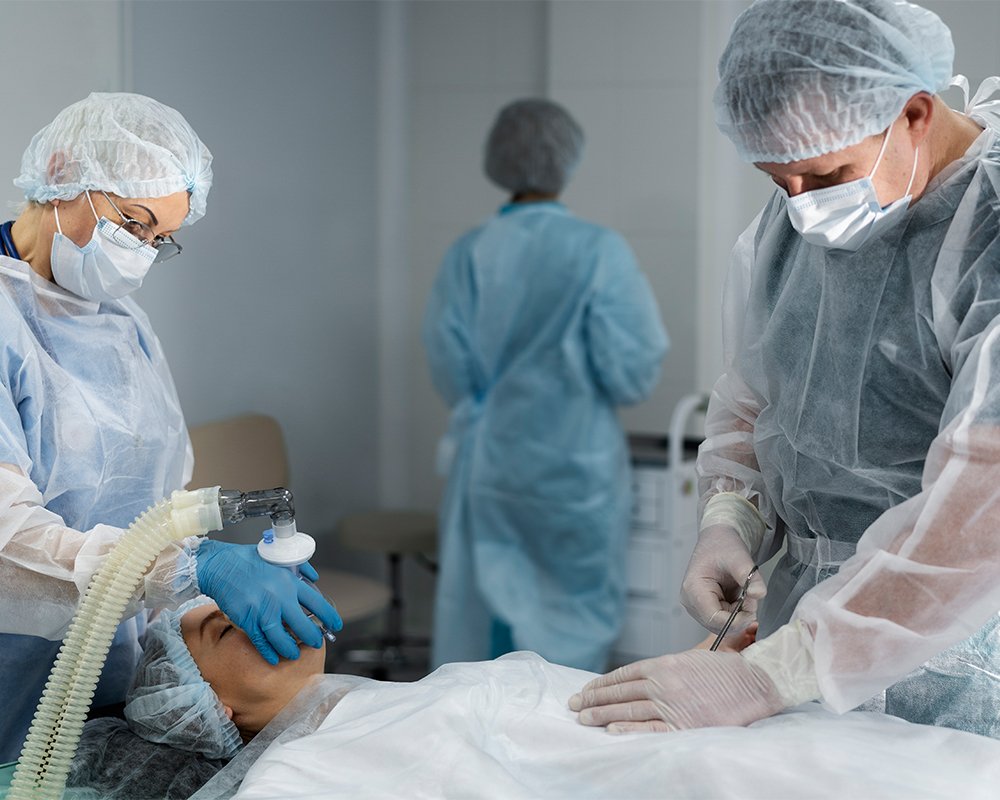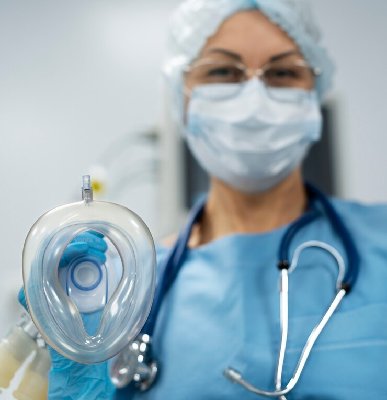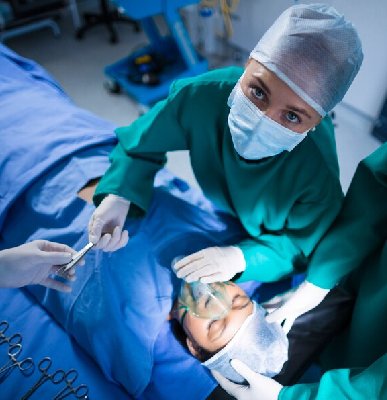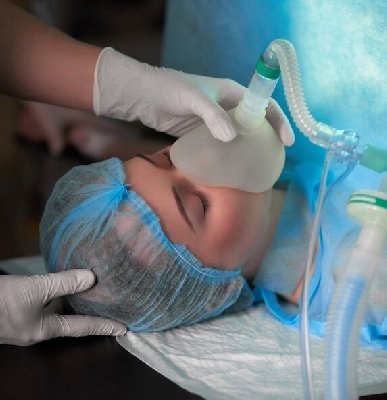
Anesthesia & Critical Care is a specialized branch of medicine focused on providing comprehensive care to patients undergoing surgical procedures and those in critically ill conditions. Anesthesia involves the administration of medications to ensure patients are pain-free, unconscious, or sedated during surgery, thereby facilitating a wide range of medical procedures without discomfort. Critical Care, or Intensive Care, on the other hand, deals with patients who have life-threatening conditions requiring sophisticated life support and close monitoring. This specialty encompasses advanced respiratory support, invasive monitoring, and organ support therapies among others. Specialists in this field, known as anesthesiologists and intensivists, are trained to make rapid decisions to stabilize critically ill patients and manage their pain and anesthetic needs efficiently, ensuring the highest level of patient care in perioperative and intensive care settings.
Vihaan Hospital & Research Centre is distinguished for its exceptional Anesthesia & Critical Care department, providing top-tier, comprehensive care for patients undergoing surgery and those facing life-threatening conditions. Equipped with state-of-the-art technology and staffed by a dedicated team of highly skilled anesthesiologists and intensivists, the hospital ensures optimal patient comfort, safety, and recovery. Specializing in advanced pain management techniques, precise anesthesia delivery, and critical life support, the department excels in managing complex surgical cases and critical illnesses. Vihaan Hospital’s commitment to integrating the latest research and innovative practices in Anesthesia & Critical Care places it at the forefront of patient-centered, high-quality medical care.
Anesthesia & Critical Care F&Q's
Anesthesiology plays a critical role in patient care by managing pain and consciousness during surgical procedures. Anesthesiologists assess patients pre-operatively, administer anesthesia to ensure they feel no pain during surgery, monitor vital signs throughout the procedure, and provide post-operative pain management.
There are three main types of anesthesia: local, which numbs a small area of the body; regional, which blocks pain in a larger area, such as below the waist, through techniques like spinal or epidural anesthesia; and general anesthesia, which renders the patient unconscious and unresponsive during surgery.
Critical care medicine is a specialty focused on diagnosing and treating life-threatening conditions that require sophisticated organ support and invasive monitoring. It’s practiced in intensive care units (ICUs) where critically ill patients receive round-the-clock care from a team of specialists.
The critical care team is multidisciplinary and includes intensivists (doctors specialized in critical care), critical care nurses, respiratory therapists, pharmacists, dietitians, and sometimes, specialists from other departments such as surgery, cardiology, or neurology, depending on the patient’s condition.
Anesthesiologists, with their expertise in airway management, ventilation, and pain control, often play a vital role in the critical care team, especially for patients requiring complex pain management strategies or those recovering from major surgeries.
Recent advancements in anesthesia and critical care include the development of safer anesthetic agents with fewer side effects, enhanced monitoring techniques for better patient safety, and the use of ultrasound for vascular access and regional anesthesia. In critical care, innovations such as extracorporeal membrane oxygenation (ECMO) and advanced mechanical ventilation strategies have significantly improved outcomes for critically ill patients.











